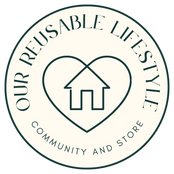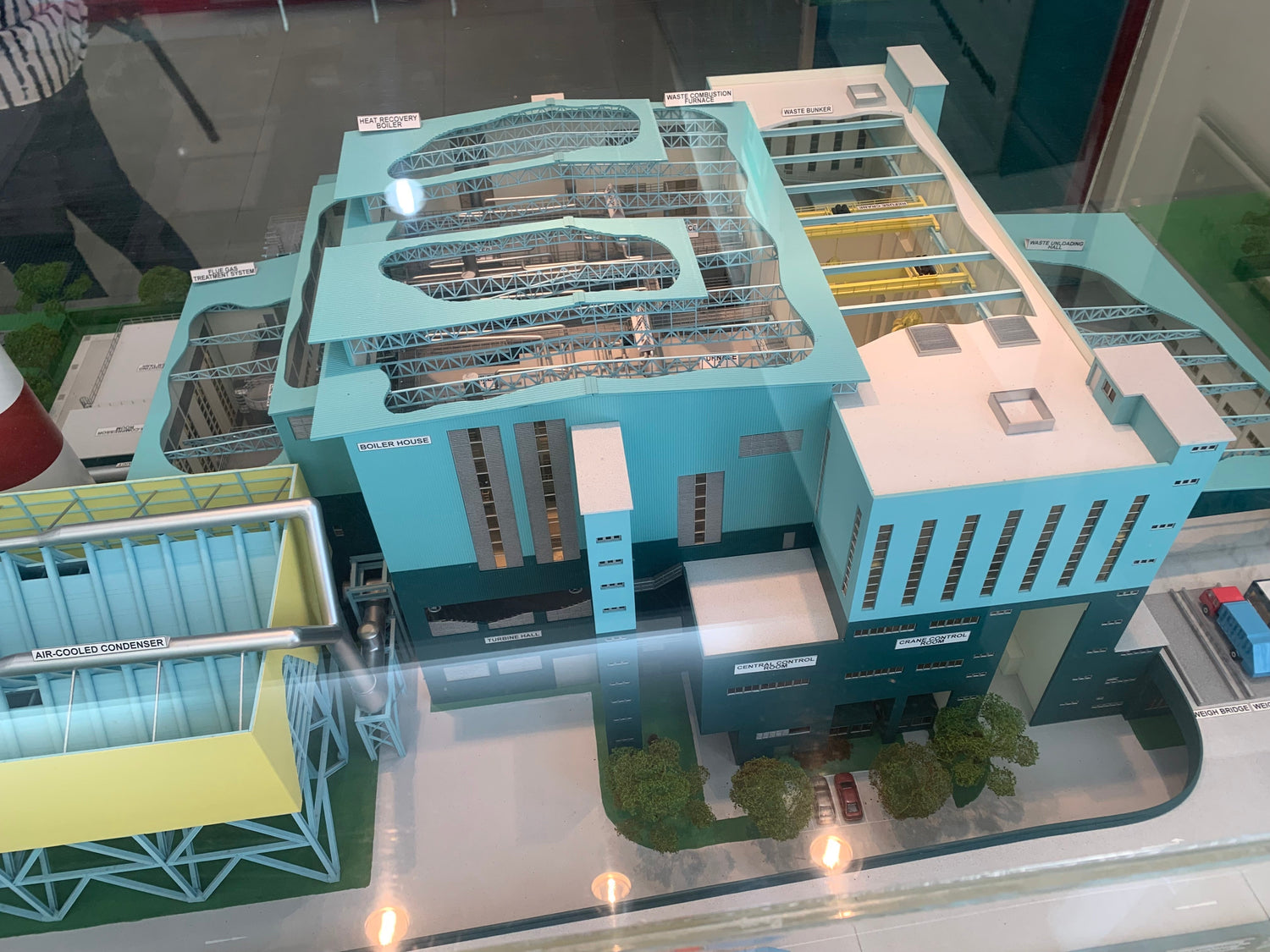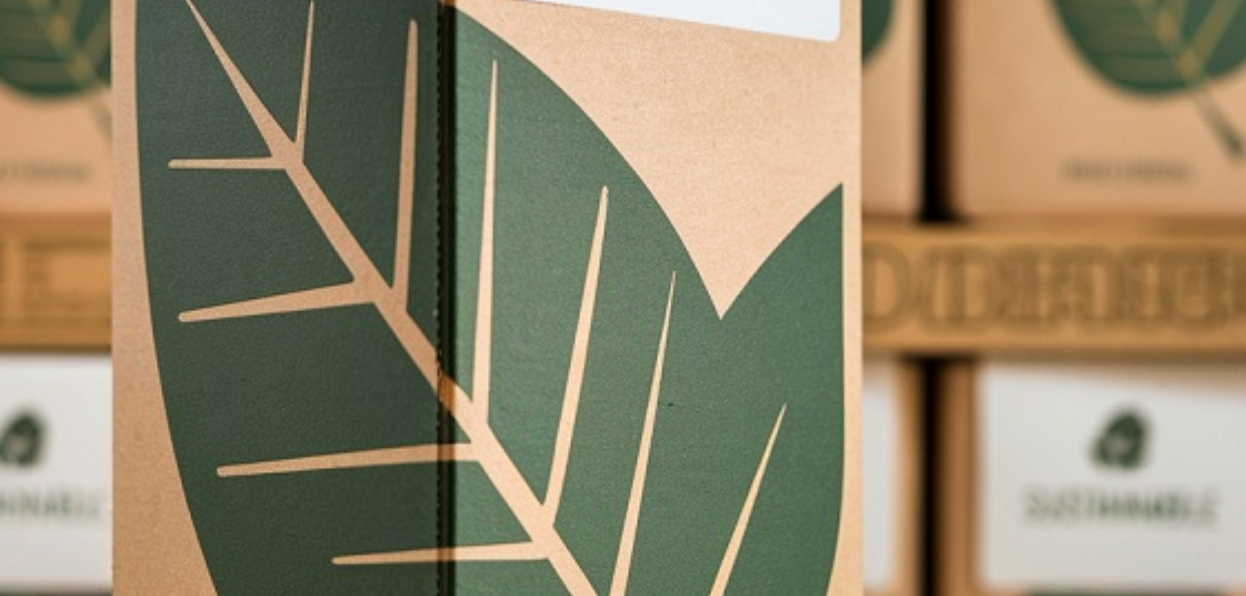Bamboo fabric has gained popularity in recent years as a sustainable alternative to traditional textiles. However, there are debates surrounding its true eco-friendliness. In this blog, we will explore the truth behind bamboo fabric, shedding light on its environmental impact and whether it lives up to its reputation as an eco-friendly choice.
The Bamboo Plant:
Bamboo is a fast-growing plant that requires minimal water, pesticides, and fertilizers to thrive. It has a remarkable ability to regenerate quickly, making it a sustainable resource. These characteristics initially make bamboo seem like an ideal choice for eco-friendly fabric production. 2. Manufacturing Process: The process of turning bamboo into fabric involves several steps, including harvesting, pulping, and spinning. The most common method used is the chemical-intensive process known as "viscose" or "rayon" production. This process requires the use of harsh chemicals, such as sodium hydroxide and carbon disulfide, which can have detrimental effects on the environment and workers' health.
Environmental Concerns:
While bamboo itself may be a sustainable resource, the manufacturing process raises concerns. The chemicals used in viscose production can be harmful if not properly managed, leading to water pollution and soil degradation. Additionally, the energy-intensive nature of the process contributes to carbon emissions, further impacting the environment.
Certifications and Regulations:
To address these concerns, various certifications and regulations have been established to ensure the eco-friendliness of bamboo fabric. Look for certifications such as Oeko-Tex Standard 100 or Global Organic Textile Standard (GOTS), which ensure that the fabric meets specific environmental and social criteria. These certifications provide assurance that the fabric has been produced in a more sustainable and responsible manner.
Alternative Manufacturing Processes:
In recent years, alternative manufacturing processes for bamboo fabric have emerged, such as mechanical or "closed-loop" production. These methods eliminate the use of harsh chemicals and reduce environmental impact. Fabrics produced through these processes are often labeled as "bamboo linen" or "bamboo lyocell," indicating a more sustainable choice.
Consumer Responsibility:
As consumers, we play a crucial role in promoting sustainability. By choosing bamboo fabric with certifications, supporting brands that prioritise transparency, and properly caring for our garments to extend their lifespan, we can make a positive impact. It is essential to be mindful of the entire lifecycle of our clothing choices to ensure their eco-friendliness.
While bamboo fabric has the potential to be an eco-friendly choice, it is important to consider the manufacturing process and certifications associated with it. The use of harsh chemicals in traditional viscose production raises concerns about its environmental impact. However, alternative processes and certifications offer more sustainable options. As consumers, we have the power to make informed choices and support brands that prioritise transparency and sustainability. By doing so, we can contribute to a more environmentally conscious fashion industry and a greener future.




